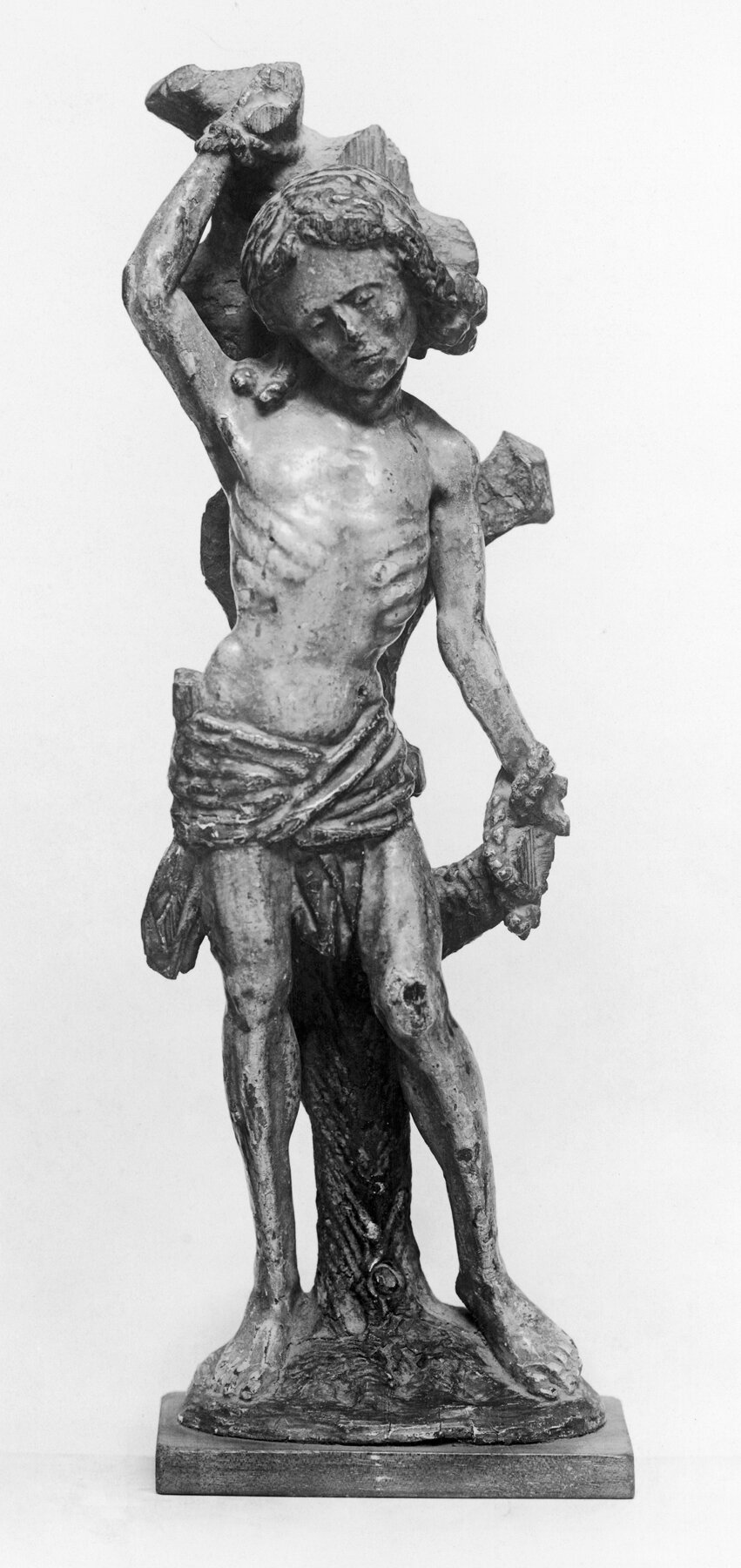Wasting Opportunities

If you live in a medieval sort of setting, where the average person knows very little about disease, the scariest thing in the world is probably sudden, unexplained weight loss.
Let's say you're a farmer in a D&D or Pathfinder-like setting. We don't often think about it, but farmers actually have to know quite a lot of medicine for their daily lives. A farmer has to have a fair understanding of the birth process, for example, if only as regards to pigs and horses. A farmer probably learns quite a lot about managing cuts and simple wounds, and quite probably knows a thing or two about frostbite and sunstroke. A family that's survived as farmers for a couple of generations almost certainly knows a thing or three about nutrition, and what foods need to be eaten to stave off weakness and muscle loss. Obviously, your uneducated peasant farmer won't know much about interlukins and proteases, but heck, I've worked as a physician for years and I almost never need to have that sort of knowledge.
The thing is, the farmer's knowledge is mostly what we might call "clinical," in the sense that his or her knowledge is based on overt symptoms and things they can see or possibly pick up on a straightforward physical exam. A trained healer or a dedicated wise-woman or something might have more sophisticated examination tools or even something along the lines of laboratory testing (healers have used urine testing for diabetes, for example, for over two thousand years, but it wasn't a test we'd want to perform today). The farmer, and most people who dealt directly with the sick and injured, had to rely on readily observed clinical signs, and one of the most frightening was almost certainly weight loss.
The thing that makes weight loss tricky is that it can be a sign of quite a number of diseases, and to a medieval healer, quite a number of them would be lethal. Cancer comes most readily to my mind. We don't know much about the exact rates of most cancers in the pre-industrial world. A lot of the cancers that are common today were presumably rare through much of history, either because they appear to be linked to chemical exposure or else they predominantly appear in older age. That said, numerous cancers were known to even the earliest healers; the Greeks, Persians, and Chinese all recognized and documented diseases of abnormal tissue proliferation leading to loss of function. Of course, they couldn't perform a biopsy of the liver the way we do, so it would likely have been hard for them to tell a liver cancer from a pancreatic cancer, but they would have observed the classic signs: change in stool colour, abdominal pain and swelling, and most obvious, a sudden unexplained weight loss. Similarly, any number of different infections would likely present with pain, possibly redness, probably fever, and sudden unexplained weight loss. A fever abdominal swelling alone wouldn't been anywhere near as scary, because a lot of the causes of those conditions we either treatable or (usually) non-lethal, but any cause of major weight loss was a potential death sentence. Weight loss would also have been extraordinarily scary because anybody could see it. Not everyone would recognize jaundice or petechia, but a family would be able to see that someone was wasting away from week to week.
Weight loss is a symptom that's easily integrated into a campaign. It's simple to illustrate, evocative to describe, and it doesn't take much education to recognize it as a sign of ill health. The royal court is anxious because the king looks too small for his robes. The favorite bartender, previously built like an oak tree, is noted to have skin sagging. A child lacks the energy to run, and his cheekbones are prominent and give him the look of a skeleton. A tiny bit of description will go a long way, and can really work to leave players shaken because they can imagine it all too vividly. It sounds real, and it hits home. It can be used to hint to the players that there's an immediate problem, or more subtly, can foreshadow the loss of an important NPC. It evokes empathy, and whether the cause is a cancer or a curse, it can make players care about finding a solution... and if the players can't find an easy solution, they may become willing to explore more unorthodox treatments.
As with any such situation, of course, graphic depictions of illness should be used with caution, as they can hit a bit too close to home. A player with a sick parent (or sick child) might find the scene a bit too realistic for their liking.
Four years ago, Dr. Eris Lis, M.D., began writing a series of brilliant and informative posts on RPGs through the eyes of a medical professional, and this is the one that appeared here on May 11, 2013. Lis is a physician, gamer, and author of the Skirmisher Publishing LLC OGL sourcebook Insults & Injuries, which is also available for the Pathfinder RPG system.






